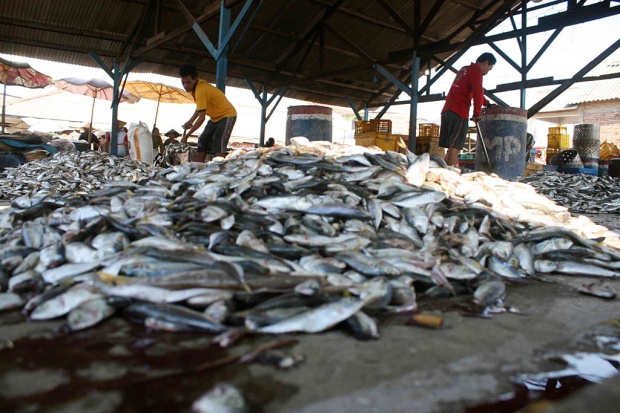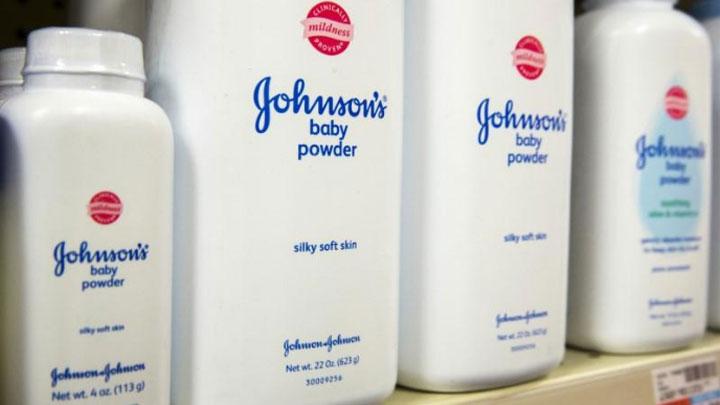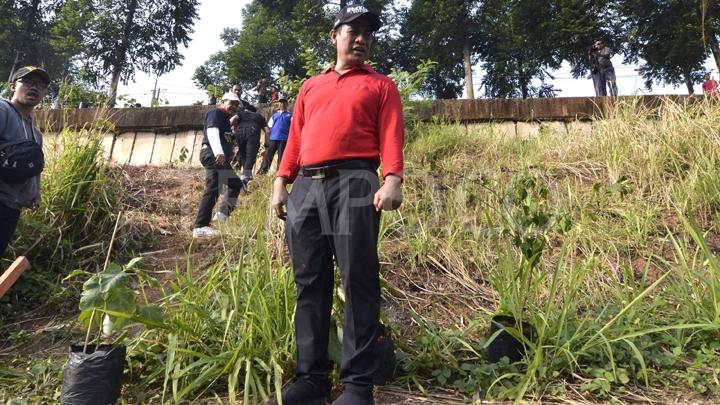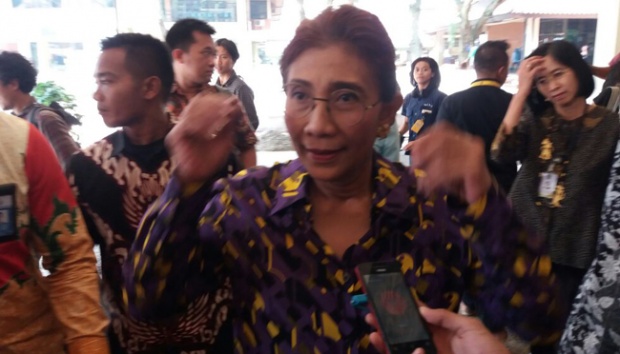
TEMPO.CO, Jakarta - The government is trying to decrease the import duty abroad, improve transportation system at home, and expand fishing vessels to increase domestic fish production, in an effort to boost fishery product exports.
The transportation system in outermost regions will be improved to shorten the delivery time to export hub regions or point of exports, in order to maintain the freshness of fishery products.
The Ministry of Maritime Affairs and Fisheries (KKP) is fighting for import tariff cuts for the country`s fishery products imported by the European Union (EU).
Director General of the Maritime and Fishery Products Competitiveness Promotion of the KKP, Nilanto Perbowo, stated in a release on Saturday that the import tariff of Indonesian fishery products in the EU was still quite high, at around 6-24 percent.
However, a number of other countries, such as Timor Leste, Papua New Guinea, and Vietnam, are believed to have secured much lower import duty rates. Some are not subject to import duty tariffs. "It is now time for Indonesia to also get the same tariff of zero (0) percent; this is what we are striving for," she explained.
She noted that both the national and global industries are now acknowledging the government`s programs that aim to create sustainable fisheries, among others, by selling quality fishery products with safe labels.
In other words, the fish being sold are not those caught using methods that are illegal and safe for consumption.
The Minister of Maritime Affairs and Fisheries Susi Pudjiastuti had earlier requested the launch of direct flights in the outermost islands in order to promote the region as the nearest hub to export fresh fish.
In a presentation on three years of President Joko Widodo`s (Jokowi`s) administration, Susi remarked that fresh fish is an expensive product to be exported. But it is forced to be sold in a frozen state since it is not supported by access to transportation.
"I ask the Coordinating Minister to ask the Minister of Transportation to launch air routes in the outermost regions in the north and in the south, especially in East Indonesia, to the hub (points from where fish is exported). An increase of fresh fish exports from Maluku needs direct flights," Pudjiastuti explained in Jakarta on Wednesday (Oct 10).
She noted that so far, Indonesia was forced to export fresh tuna, which actually has a high value, in the form of frozen goods. It has to be frozen because it takes 48 hours by ship.
The minister explained that the high-value fresh tuna must be exported in a frozen state as the duration to ship these products takes a long time.
In addition, fish from the outer islands, such as Morotai and Maluku, cannot be directly sold to Davao City, Philippines, or Palau because they have to be sent first to Bitung and Makassar as hub locations.
In fact, the distance from Morotai to the Philippines and Palau is only about an hour if it uses an airplane. The longer the duration to ship the fish, the lesser the quality, as well as its selling price.
In support of its efforts to increase fisheries exports, the government also tries to increase fish production by providing fishing vessel assistance to fishermen. This year, the government has set a target to provide 782 fishing vessels.
The Ministry of Marine Affairs and Fisheries (KKP) confirmed that the ship assistance program would be completed by the third week of December 2017 or by the end of the year.
"In the current stage, some 151 units of vessels have been completed. I hope by the end of this month, the number will increase to 373 units, so that the total number of vessels already completed by the end of November will reach 524 units, while the remaining 258 is expected to be completed in December," Director General of Catch Fisheries Sjarief Widjaja remarked in a press release received in Jakarta on Thursday (Nov 16).
He expressed optimism that the vessel construction in 2017 will be completed before the end of the year, so that the KKP will also be able to immediately hand over the ships to the assistance recipients through 235 cooperatives in 29 provinces or 122 districts/cities.
In this year`s vessel project, the KKP will also transfer the ship assistance to the recipients, along with the licensing documents and fishing tools, in order for the vessel to be operational immediately.
Procurement of fishing vessels in 2017 requires the fishermen to be involved in supervising the development process. They are also asked to join trial test of the vessels and witness the building process at shipyards, so that the ships could be built according to their needs.
The procurement of ships in 2017 is not only carried out through e-catalog but also through the invitation of a number of shipyards, through a public auction system for ships to be built and to be adjusted, according to the demand of fishermen.
It is reported that till date, as many as two large shipyards are capable of completing 74 units of vessels, from a total of 214 units of ships.
The procurement budget of fishing vessels in 2017, totaling 782 ships, has reached Rp390 billion. The number of vessels under 5 gross tonnage (GT) is 243 units, under 5 GT boats is 384 units, under 10 GT boats is 134 units, under20 GT boats is 15 units, and under 30 GT is 6 units.
Meanwhile, all of the assistance ships on the 2016 procurement project have been distributed. Yet, the licensing documents of 100 units of them are still in the process and are expected to be completed by the end of November.
ANTARA























